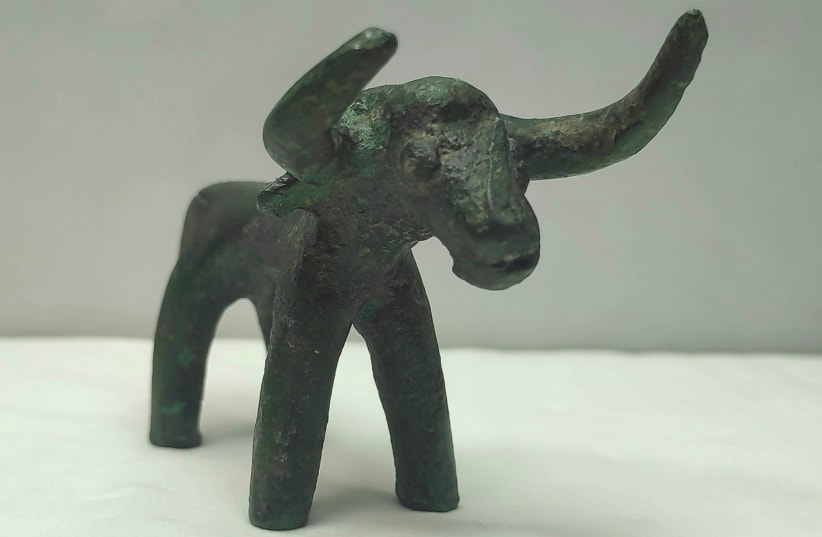As in most years, this Shabbat we will be reading two parashot – Aharei Mot and Kedoshim – together.
Parashat Kedoshim has an abundance of commandments and directives on how we should behave in various aspects of our lives: intimate, social and ritual.
The commandment that envelops this parasha throughout is “You shall be holy!”
There have been many interpretations of this commandment and its connection to the others in this parasha. One of the explanations of the word “holy” is “lofty, exalted.” God commands us to make ourselves loftier people and to use this perspective to inform the way we act in society and in our personal lives.
We read, among other things, a section that deals with the holiness of ritual practice, avoidance of acts typical of idolatrous ritual, and keeping far from acts of sorcery:
“You shall not eat over the blood. You shall not act on the basis of omens or lucky hours. You shall not round off the corner of your head, and you shall not destroy the edge of your beard. You shall not make cuts in your flesh for a person [who died]. You shall not etch a tattoo on yourselves. I am the Lord. You shall not defile your daughter by making her a harlot, lest the land fall into harlotry and the land be filled with immorality. You shall observe My Sabbaths and revere My Sanctuary. I am the Lord. You shall not turn to [the sorcery of] Ov or Yid’oni; you shall not seek [these and thereby] defile yourselves through them…” (Lev. 19:26-31).
The section ends with a verse that seems to deviate from the topic:
“You shall rise before a venerable person, respect the elderly and fear your God. I am the Lord” (Lev. 19:32).
We are commanded to stand up for the elderly, respect them, and fear God. At first glance, these commandments seem to be completely different issues, disconnected from those that preceded them. What connection could there be between the prohibition to shave the sides of one’s head or to make gashes in one’s skin for the dead – acts customary among idol worshipers – and standing up for the elderly? What connection could there be between distancing oneself from sorcery and respecting one’s elders?
Yet these commandments are actually interwoven. How? The idolatrous faiths then sanctified power. Idol worshipers strove to get strength from the gods, them, so that – they believed – they could control various forces in the universe. An idol worshiper would deal in sorcery and fortune-telling to control the forces of the universe and be able to predict his fate as much as possible.
In idolatry, there was no room for respect for elders – just for admiring power. If the elderly person was once a distinguished soldier, he might be admired for his accomplishments and bravery, otherwise he would be considered the personification of weakness and therefore disgraceful. The Torah commands us to distinguish ourselves from the ways of the idol worshipers, to live a life of transcendence and holiness.
We see the holiness in man’s creation: “And God created man in His image; in the image of God He created him” (Gen. 1:27). The creation of man in God’s image is meant to influence man’s existential awareness at all times. The realization that man was created in the image of God obligates him to act as a transcendent being, and to treat others as such as well. This recognition leads to the culture and consciousness of “human dignity.” The belief that every single person deserves freedom and respect and the belief in the sanctity of life stem from the fact that we recognize the divine spark in every human being.
Thus, the commandments to distinguish ourselves from idol worshipers and to respect our elders are intertwined. We are to distance ourselves from a culture that idolizes power and come closer to one of respect and sanctity. From this flows the commandment to rise before a venerable person and respect the elderly. The natural feeling of respect we have for an elderly person results from the fact that the sanctity of life in him is great, due to his long life.
Our parasha calls on us not to act more properly, to make our culture one that values sanctity and respect, thus making us all more exalted, “holy.”
The writer is rabbi of the Western Wall and holy sites.
